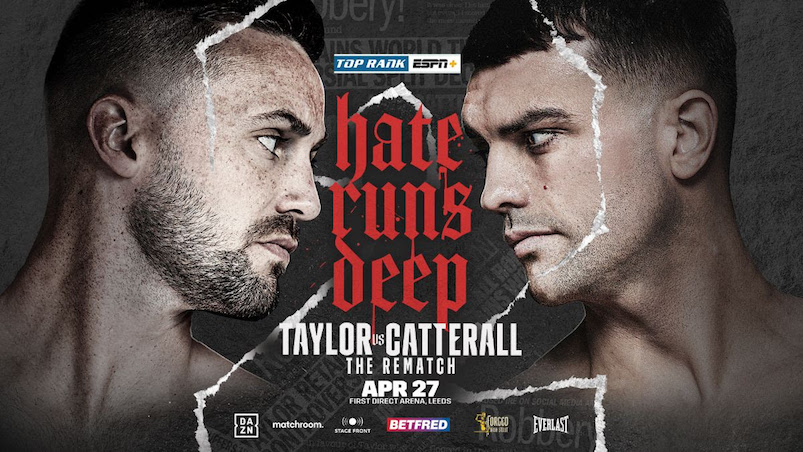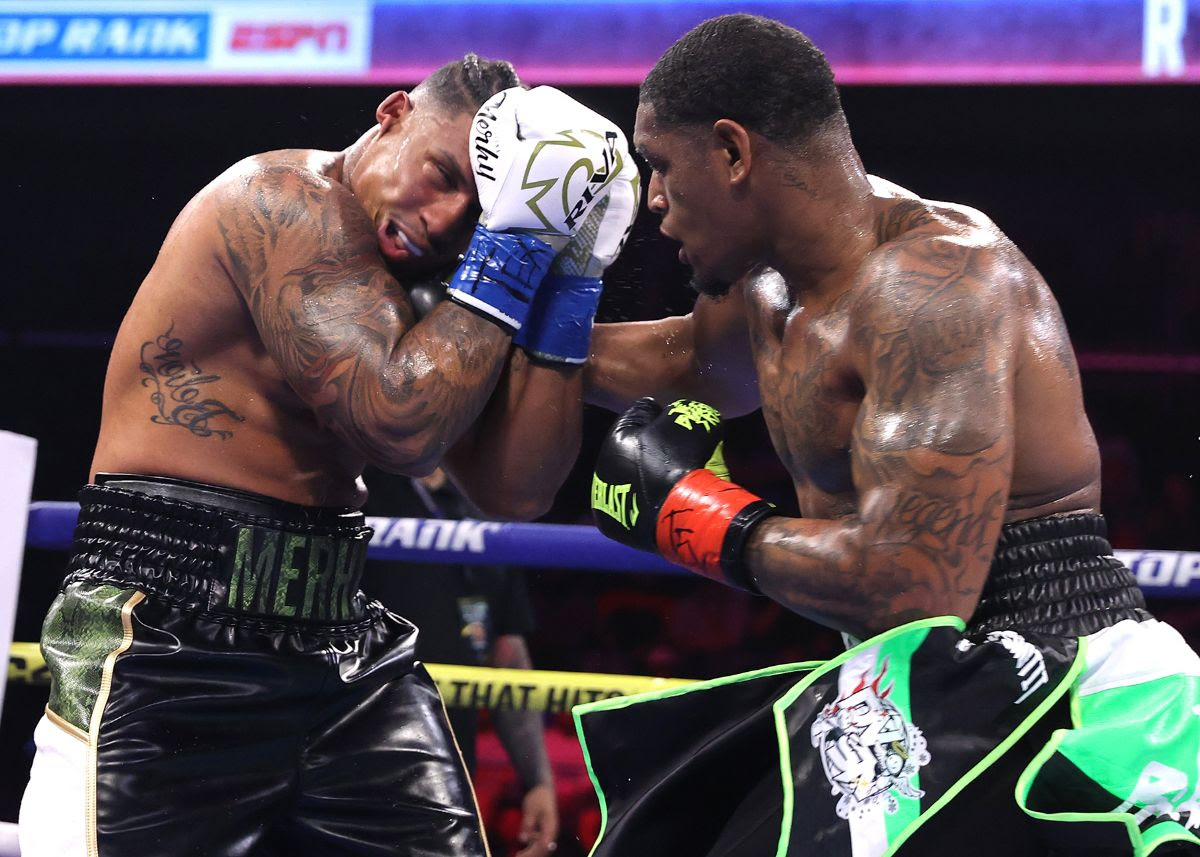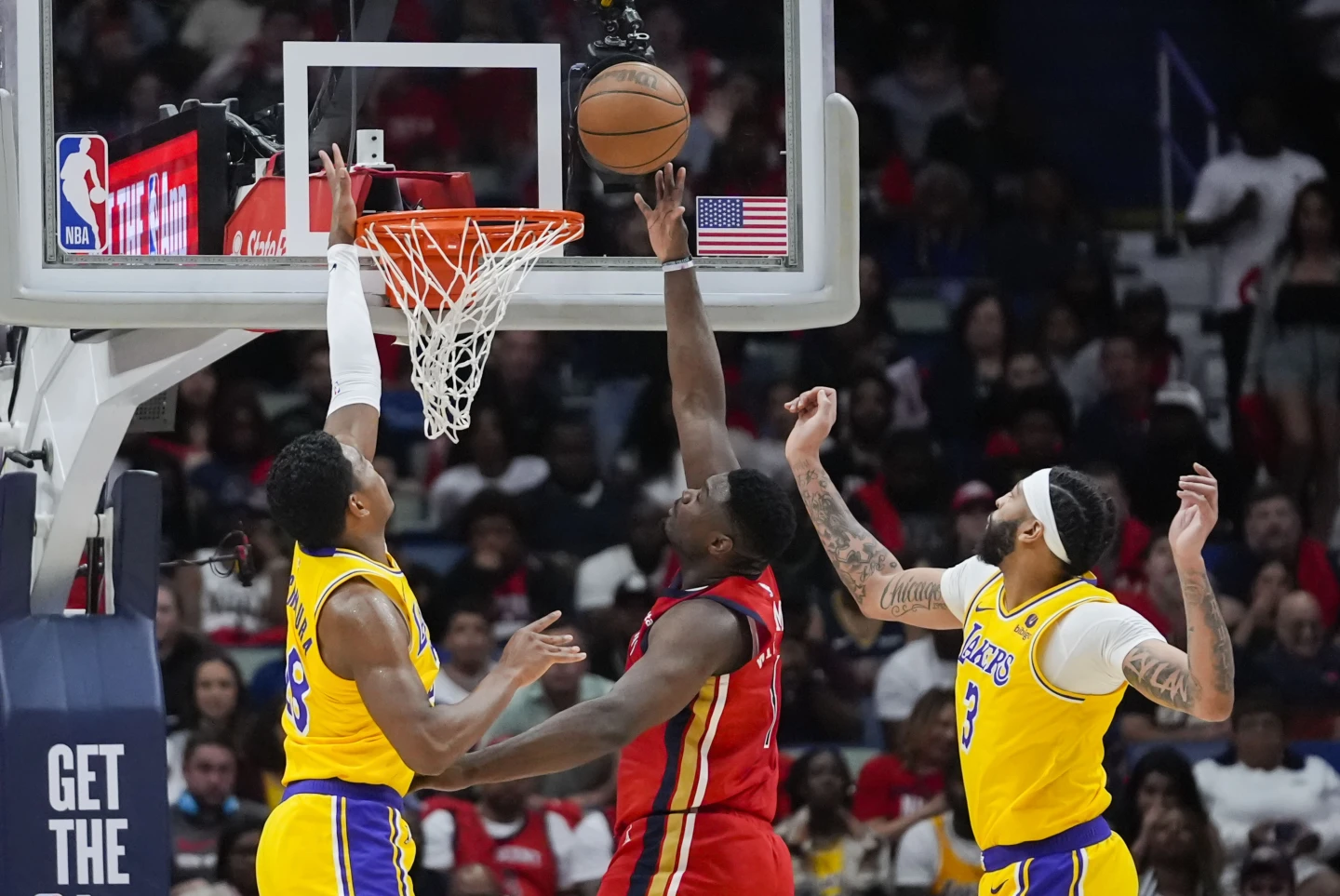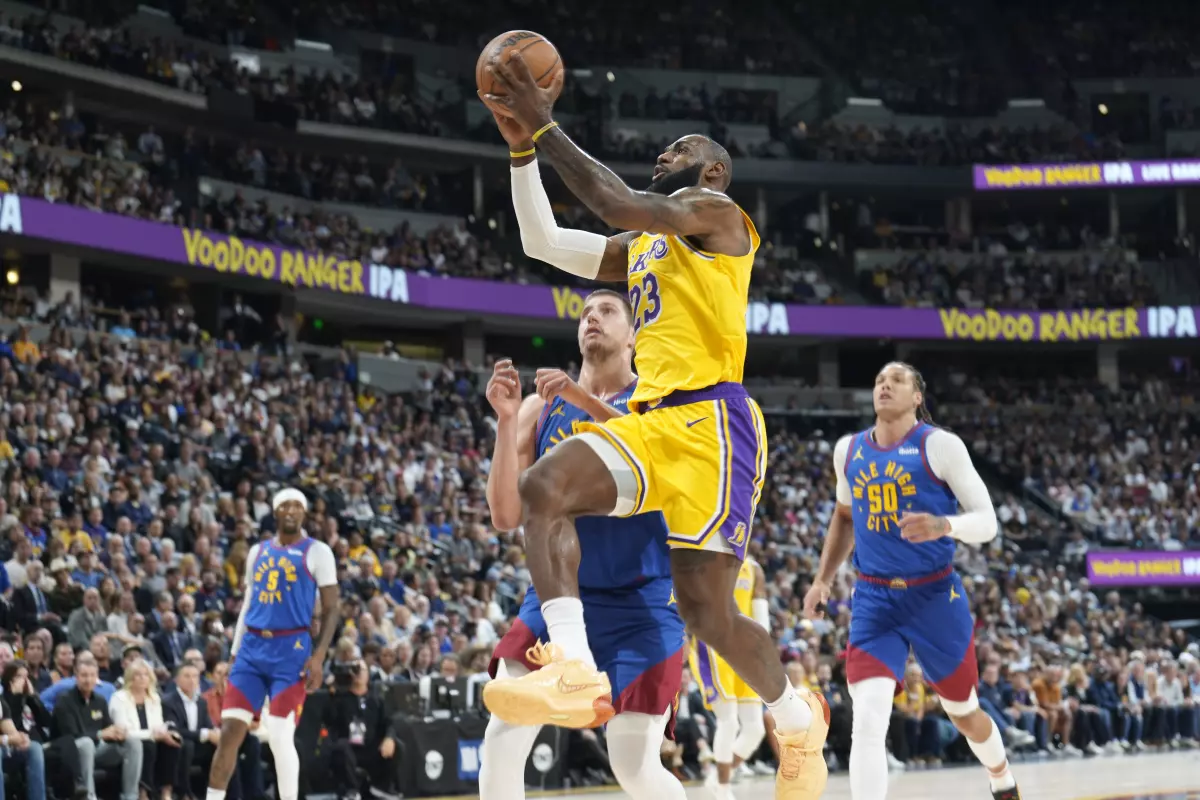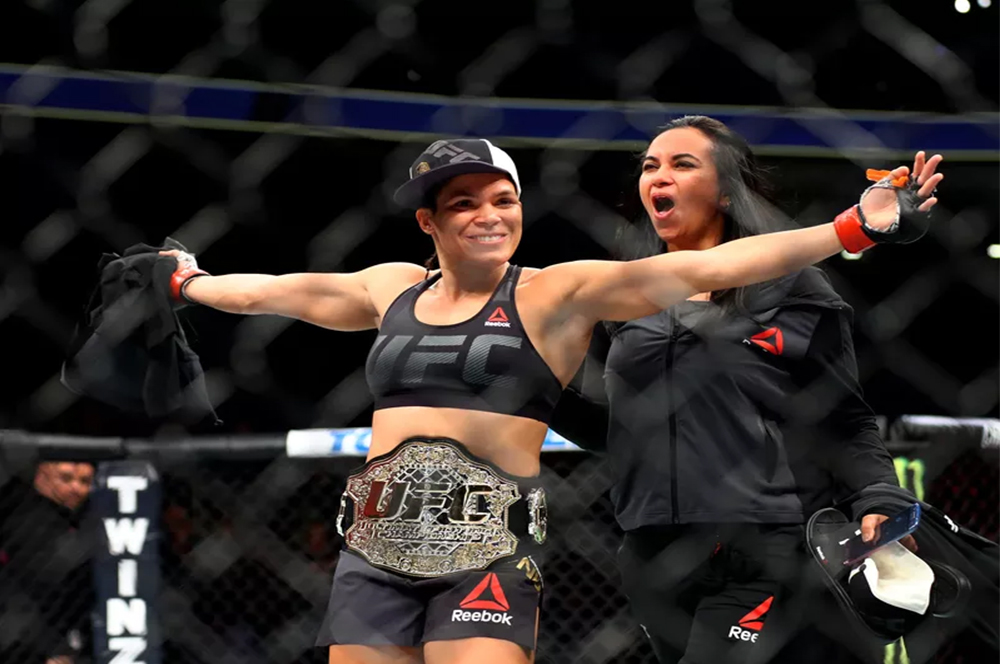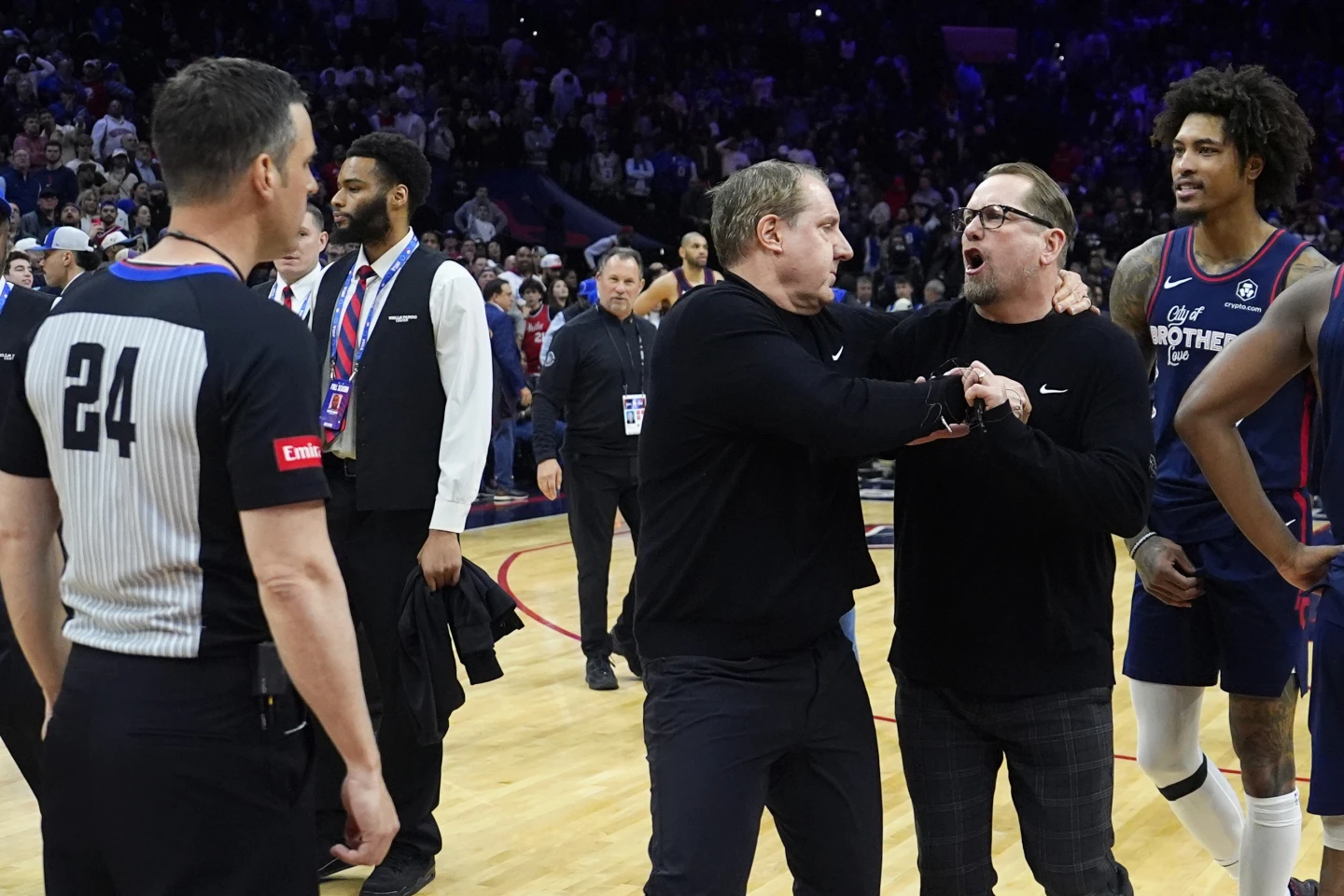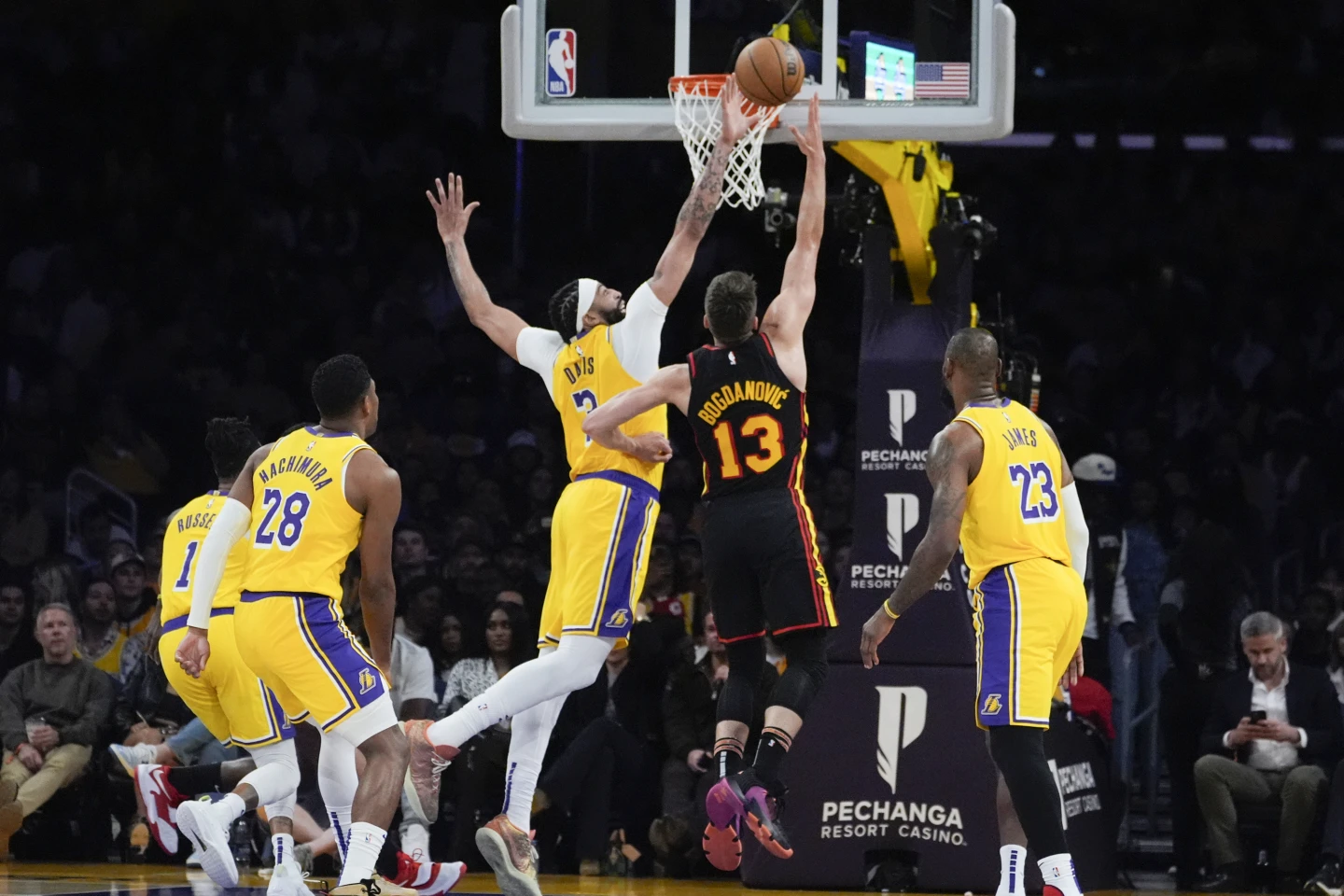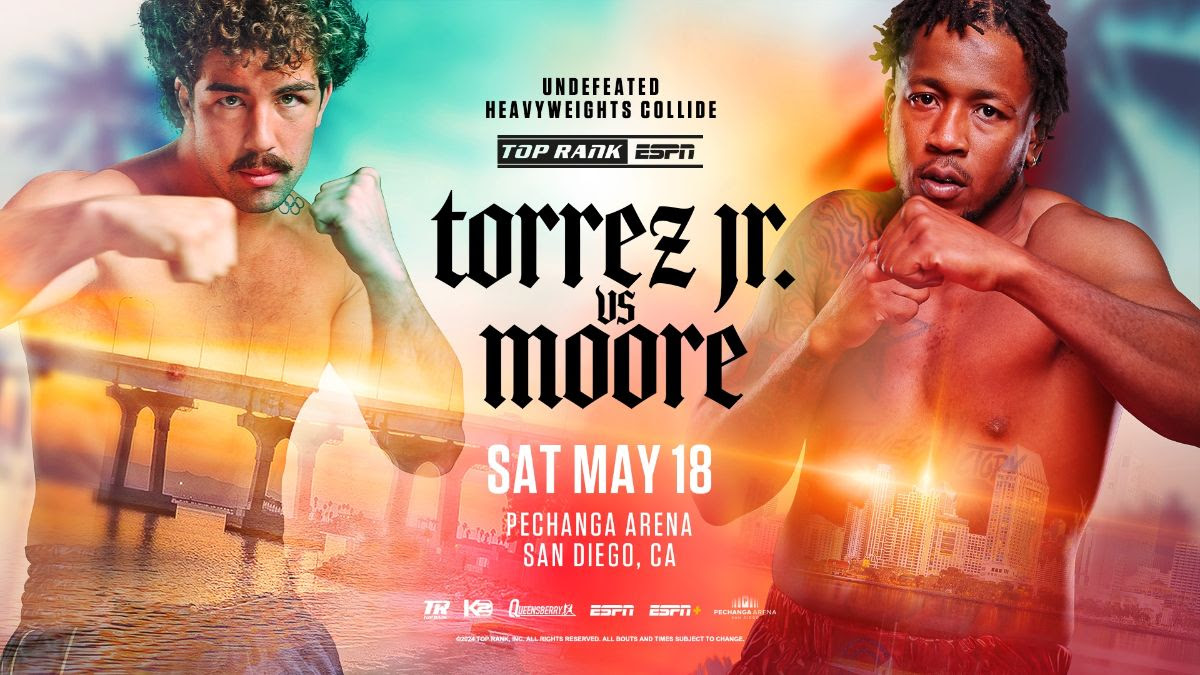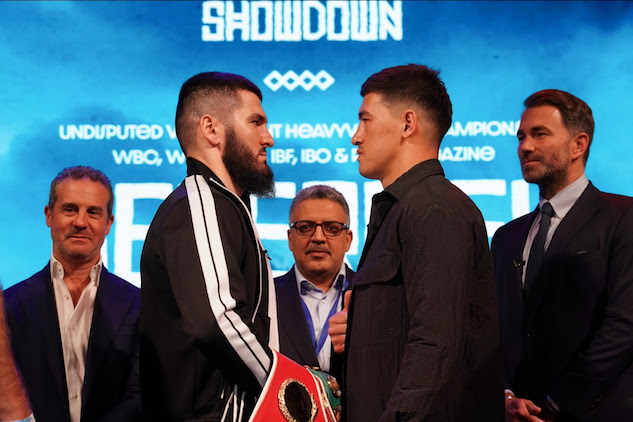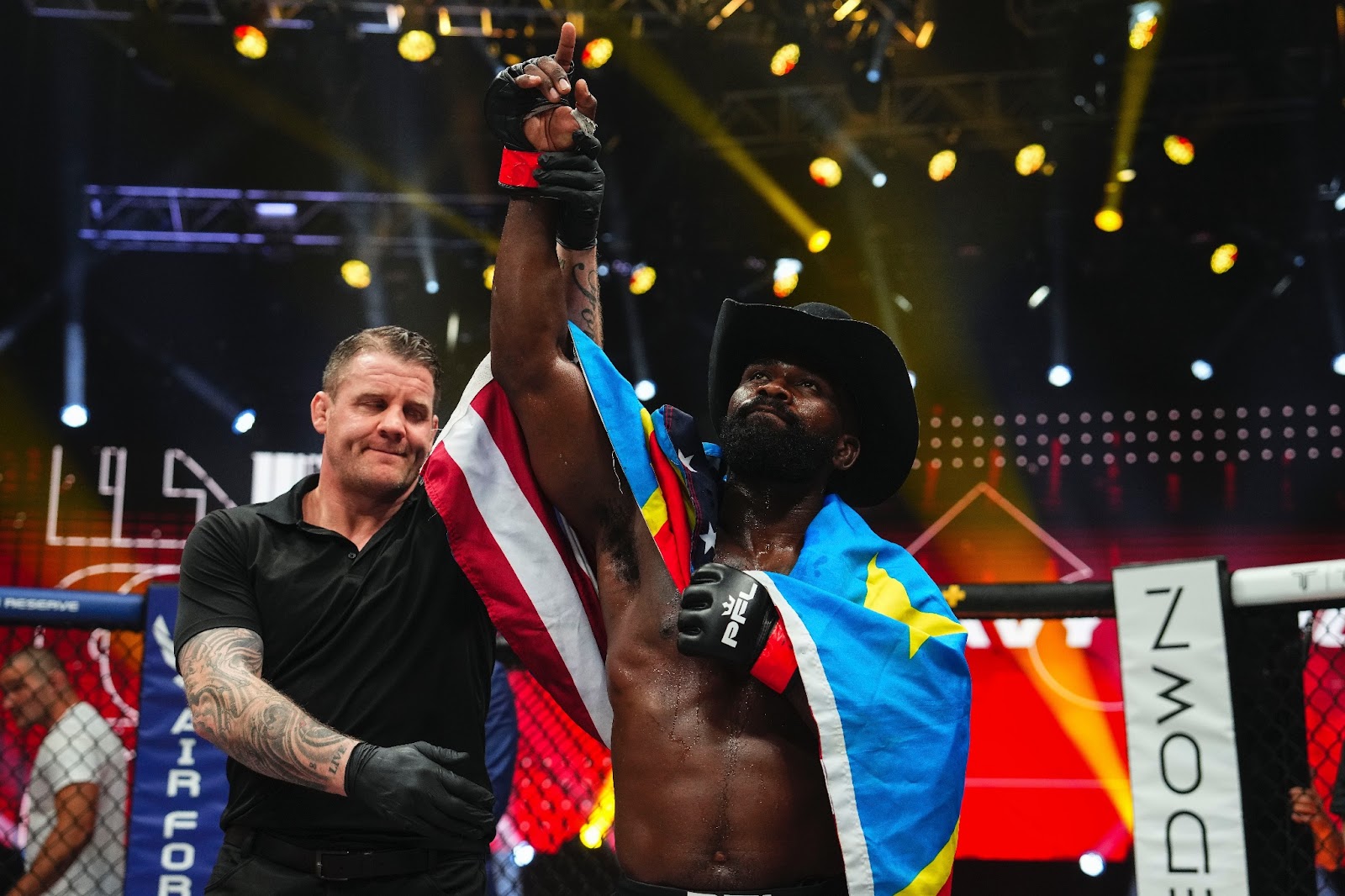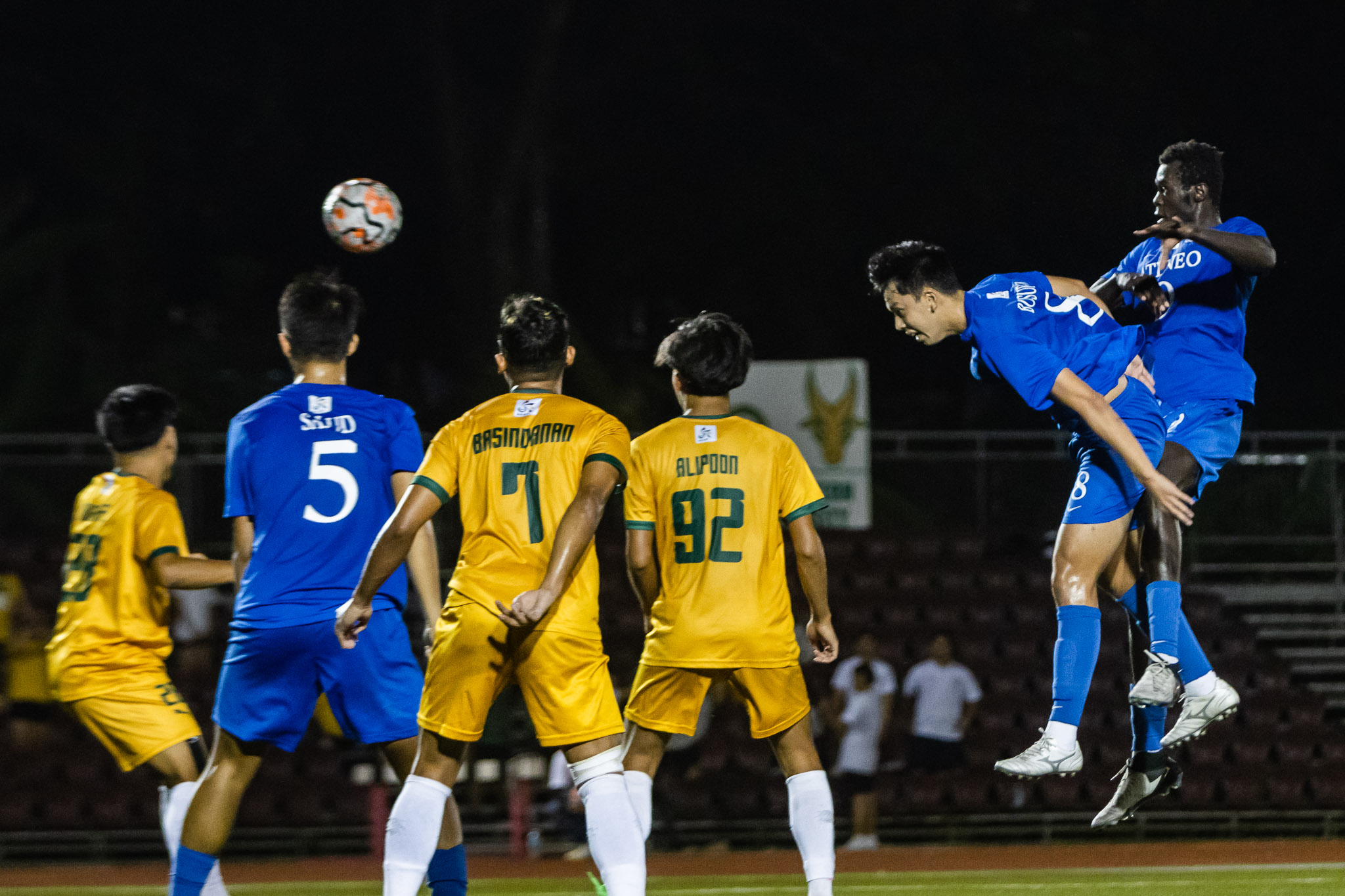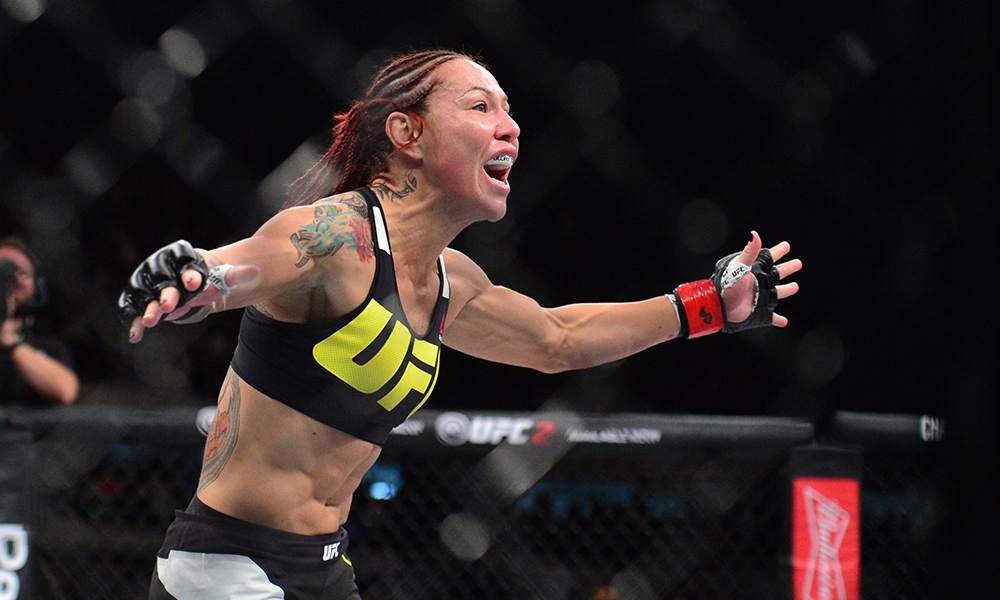In the wake of UFC 213, how much of the criticism laid against Amanda Nunes can be placed at the feet of the UFC?
The public eye does not look favorably upon Amanda Nunes. Following the bantamweight champion’s day-of withdrawal from UFC 213’s main event, attributed to chronic sinusitis, Nunes’ professionalism, toughness, and even her willingness to face challenging opposition have all come under scrutiny. Negative reactions are standard in MMA, but the progenitor of the Lioness’ share of criticism was, not uncharacteristically, none other than UFC president Dana White.
After revealing that the champion was cleared to compete following a medical examination, White took aim at Nunes.
“I think that it was 90 percent mental and maybe 10 percent physical,” White said. “She probably didn’t feel right. I think a lot of fighters have had times where they don’t feel right, and then we’ve had guys who are outright sick. ... These situations arise all the time. I don’t know if I’ve ever had a situation like today, though, where she was physically capable of fighting.
“I won’t main event that title again.”
The backlash was swift; fans flocked to social media, targeting Nunes with vigor. The woman who claimed the bantamweight strap in the headlining act at UFC 200, and brutalized Ronda Rousey at UFC 207, had suddenly become a coward.
Belittling tactics are not uncommon for White. Spectators need only look as far back as the UFC’s public falling-out with Demetrious “Mighty Mouse” Johnson for examples of White’s public shaming of its belt-holders. Johnson’s refusal to face T.J. Dillashaw, in the originally proposed UFC 213 headliner, resulted in extensive criticism on the part of White.
However, as was the case with Johnson, Nunes’ account seemed to poke holes in White’s narrative. The Brazilian, she claimed, had been medically cleared via blood and hydration tests. When she returned to the hospital the following day, she underwent a CT scan, after which she was prescribed a course of antibiotics.
That aside, the statement “cleared by doctors” has a weighty history in the MMA world. As UFC strawweight, and partner of Nunes, Nina Ansaroff stated on Twitter:
“I've been cleared with bronchitis and stitches. A girl has been cleared pregnant. That doesn't mean sh*t.”
Multiple women have, in fact, been cleared to fight while pregnant. Most notable was Kinberly Novaes, who won a championship at a Noxii Combat event in 2015 while three months pregnant.
The problem which so often arises for fighters who contradict the UFC’s narrative is that the promotion, and particularly Dana White, exercise immense control over said narrative.
Fans listen to White; while his sway has diminished somewhat in recent years, he is still, to most, the public face of the promotion’s higher-ups. This makes his comments particularly troublesome.
Nunes’ marketability is entirely rooted in her ferocity. Her nickname, “the Lioness”, is among the sport’s most fitting. Her demolition of Rousey in one of the most-watched pay-per-views in UFC history introduced a new audience to her tenacious ways. The woman once heralded as MMA’s best-ever female competitor, and one of its most iconic breakout stars, was bludgeoned helplessly; stopped in a mere 48 seconds as Nunes’ fists thudded and crashed against her visage.
As the champion coldly shushed an arena full of stunned onlookers, her visceral nature was tangible. Where Rousey was once regarded, hyperbolically, as a female Mike Tyson, Nunes’ performance left many convinced that the Brazilian dynamo was a worthier candidate for that mantle.
Mere months later, ferocity has morphed to cowardice as the narrative twists and turns under White’s thumb. How can the UFC benefit from publicly shaming a champion in a way that so directly contradicts what we have been led to believe about her? What she has, in fact, proven to us on several occasions?
White’s public sentiments are best viewed in the broader context of the UFC’s promotional strategies. Damaging the individual brand of a fighter is, generally, viewed as preferable to ceding power to their workforce. The organization runs a tight ship, and fighters are largely expected to defer to their whims. Fighters whom they perceive as valuable are treated more hospitably, while others are, evidently, disposable.
Sage Northcutt undoubtedly falls into the former category. In 2016, he accepted an ill-fated welterweight bout opposite Bryan Barbarena while suffering from strep throat. The UFC were aware of his condition, and allowed him to fight. Following Northcutt’s subsequent submission loss, White was quick to shoulder the blame.
"The kid was super sick and he still wanted to fight. His father said, ‘listen we still want to take the fight, we still want to take the fight,’" White said. "I should have pulled the kid from the fight. He's 19 years old, he fought three times in [four] months. I should have pulled the kid from the fight."
“I blew it.”
Nunes has been denied that privileged position. Less than eighteen months later, the president’s moment of self-reflection seems to be entirely forgotten.
For a fighter such as Nunes, whose championship status affords her the sort of leverage which would be otherwise unobtainable, the financial repercussions for a potential loss would be considerable. It is understandable, then, why Nunes would choose not to risk severely diminishing her earning potential by fighting through illness.
Fans listen, and the verbal execution of fighters who are not deemed “stars” is a self-fulfilling prophecy. Whatever portion of the fanbase was willing to pay for a “Lioness” fight was undoubtedly higher than the portion willing to pay for a fight featuring a woman maligned as a coward. Likewise, Demetrious Johnson, the UFC’s longest-reigning champion, is a more marketable figure than the man who was lambasted for supposedly ducking T.J. Dillashaw.
With names such as Rory MacDonald and, most recently, Gegard Mousasi being willingly released from the organization, the loss of elite talent is a hefty toll. This consolidation of the power which the UFC holds over fighters, in which they place such value, results in the diminishment of their stars, who may become quickly disillusioned, and lost to free-agency.
As competitors such as Bellator MMA narrow the roster talent gap, and champions like Nunes and Johnson face fan vitriol because of these decisions, the effect on the company’s bottom line may become more apparent with time. There is, of course, a tipping point, past which the long-term benefits of control can be outweighed by the costs of maintaining it.
While Nunes is unlikely to represent this moment of unbalancing, potentially irreparable damage to the star power of the bantamweight queen and the myriad others who have met the UFC’s ire may eventually force the company to confront an uncomfortable truth: when Dana White sentences a fighter to the gallows, the only way down is to swing.


